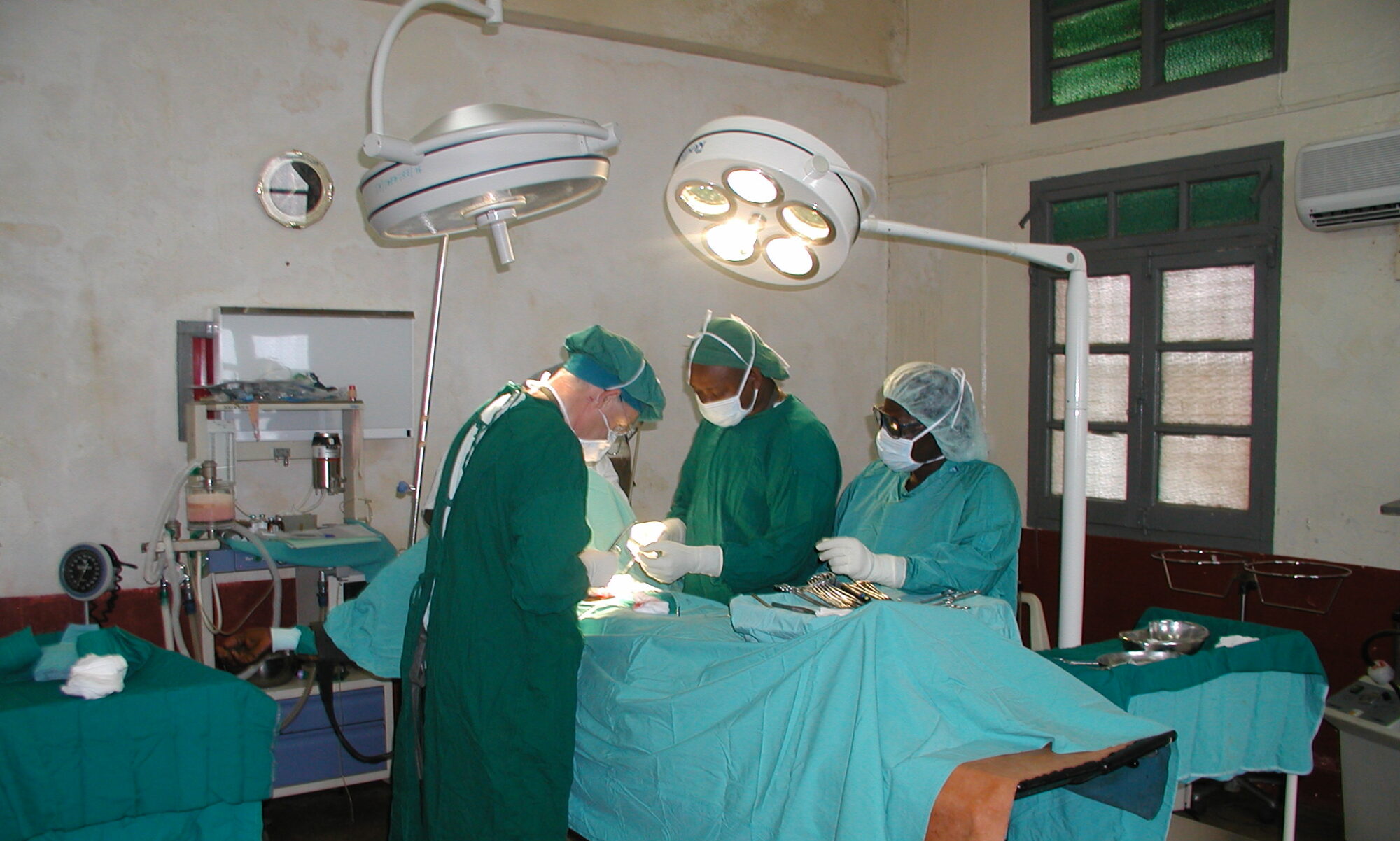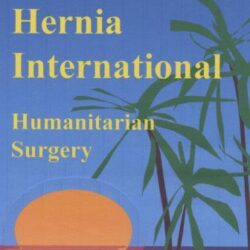Belohorizonte Mission Report
5-10 August 2019
The Brazilian mission took place in Belo Horizonte ( 1,5 million people), capital of the State of Mina Gerais, one of the wealthiest states in Brazil. It was organised by Gustavo Soares and Christiano Claus and well prepared with the participation of 12 local surgeons and one overseas surgeon (myself).
Operations were done free of charge place on 4 sites : University Hospital, a large up to date place were all type of surgery can be performed, Sao Francisco Hospital : a non for profit organisation which let us use their facilities, Santa Monica Hospital in Divinopolis a private hospital which opened free of charge a theatre room for several patients every day, sessions also took place at Ouro Preto Hospital, the previous state capital city. In the 2 largest hospital we had 4/5 theatre rooms for us all day long. There is a lot of controls and security at each hospital entrance which makes it a bit difficult to enter the hospital if you are not accompanied by one of the locals.

Theatres are usually well equipped, theatre lights are good, instruments quality depends on the hospital, the scrub nurse is usually an (unpaid) surgical registrar in his first year of training who is always very keen on closing all wounds and craving to do more surgery. One senior registrar was excellent at laparoscopic inguinal hernia repair. There is a good balance between male and female trainees which is promising as all senior surgeons were male. Communication was a bit of an issue as few people speak English, it is worth wile to speak some Portuguese if only to make sure you operate on the correct patient, correct side and could ask for assistance when needed. Check lists are not performed before and after surgery. Rooms are very well cleaned after each operation by a team of 2 cleaners. Anaesthetist perform usually a spinal anaesthesia and are good at it, nurses are well trained and efficient. No child to operate on. There is nothing to bring as meshes and sutures are provided by the local pharmaceutical companies. Of note, everything is kept in a safe room where an attendant only releases the products on demand from the theatre room for a given patient and this is recorded to avoid stealing which seems to be a serious issue even in the private hospital!

There was a good balance of hernia types, inguinal, mid lines, para stomal, large incisional hernias and numerous umbilical of all sizes and shapes, some patients seemed to have been waiting for more than a year before they could access surgery. The Brazilian surgeons are keen and good at performing laparoscopic repair of these and are not using too much single use equipment. Mesh usage was the routine for most hernias. 250 repairs were performed over the week, follow up is organised by the juniors, we had private and public surgeons coming every day from various other hospitals.
Accommodation was in a good hotel in the town centre although with the local traffic it always takes time to go to and return from the hospitals, early morning start at 06H30, return when the job is finished. Pleasant evenings in restaurants and bars with the Brazilian teams, we had 2 sponsored meals on Monday and Thursday night. One interesting teaching session Friday afternoon with a packed amphitheatre. Ambiance is Brazilian, work hard and have fun after.

This hernia mission in Brazil is great, never boring, be careful however, this is a hard working week with no moment to relax. Have your vaccinations including yellow fever up to date.
Dominique Robert for Hernia International

